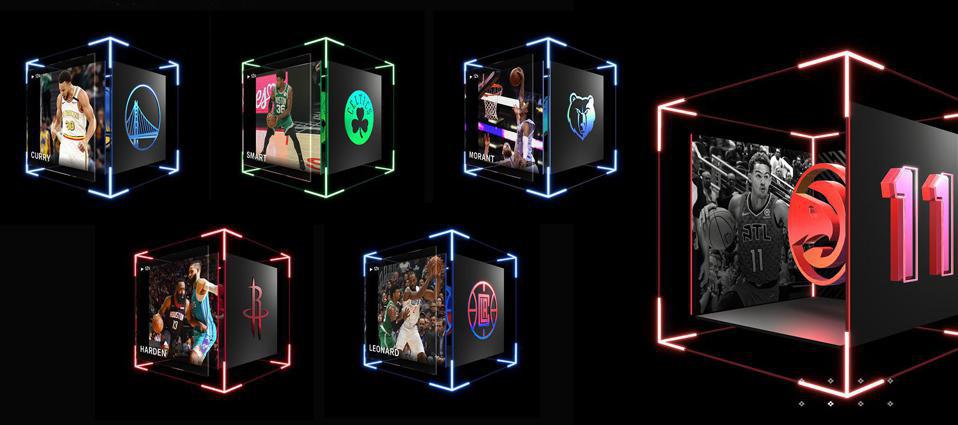NBA Top Shot is one of the most valuable NFT collections to date
Michael Levy made a $20 million dollar fortune in just 6 months on an early $175,000 bet in NBA Top Shot, a non-fungible token marketplace where sports fans can buy and sell video highlights of basketball players.
Then, as the project ballooned into a billion-dollar economy, Levy and a few other early adopters honed in on an idea for a decentralized lending platform where users could get quick cash by borrowing against the Top Shot “moments”. Paying homage to Top Shot’s host blockchain Flow, they called it Flowty.
The initiative caught the attention of NBA Top Shot and Flow developer company Dapper Labs, which invested in Flowty’s $4.5 million seed round, announced today, along with Greenfield One and Lattice Capital, among other investors.
“We’ve always had this thesis around games being the gateway to people decentralizing their lives,” says Dapper Labs’ chief business officer Mik Naayem. He thinks Flowty plays a “crucial” role in proving that thesis.
The platform operates much like a pawn shop, except there’s no middleman, Levy, Flowty’s cofounder and CEO, explains. The borrower creates a listing setting the desired terms and putting up a single NFT as security on that loan. If someone decides to fund it, they either get their money back with interest or the borrower’s NFT, which gets locked into the platform. If the NFT is transferred out of the borrower’s wallet before the loan gets funded, the listing becomes invalid.
Flowty collects 10% of the borrower’s interest on a loan. The loans can be denominated in FLOW, FUSD (Flow blockchain’s dollar-pegged stablecoin), tUSDT (the Flow blockchain version of Tether) and USD Coin. No internal ratings or customer checks.
“We do not provide underwriting services in any way, shape, or form. We don’t give guidance on specific loan listings. We never custody the collateral and we never custody the tokens,” Levy notes. “By legal and regulatory standards, we are simply a technology company.”
What could go wrong? A few things: the NFT or the cryptocurrency in use could lose much of its value during the loan period. In this case, Levy says, “the borrower will probably not repay, and then you’ll receive an NFT that’s worth less than your loan amount—that’s the risk you’re taking.”
A borrower with an outstanding loan could also lose access to their account or the platform could get hacked. Just in February, hundreds of NFTs were stolen from users of the largest NFT marketplace, OpenSea, in a phishing attack. Not to mention that the Flowty loan is a relatively complex transaction in itself. The founders do not shy away from making these risks clear.
“I wouldn’t recommend [Flowty] to someone who doesn’t understand NFTs or doesn’t understand NBA Top Shot,” says Naayem. “But people who have spent time with it, analyzed it and understand the risks and rewards, I think it’s a great way for them to interact with that part of the ecosystem.”
Since launching in beta mode less than three months ago, Flowty has processed over 150 loans with an average size of $4,000-5,000. The metrics are modest, but the team is already thinking of adding other NFTs (only NBA Top Shot and Ballerz collections are currently supported) and expanding into other chains.
Despite the market fatigue (In March, the average sale price of an NFT dropped from over $6,800 at the start of the year to below $2,000, according to market tracker NonFungible), platforms like Flowty are actively raising capital. Yesterday, NFT lending protocol MetaLand announced that it had raised $5 million in seed funding led by crypto investing giant Pantera Capital.
Author
Administraroot


